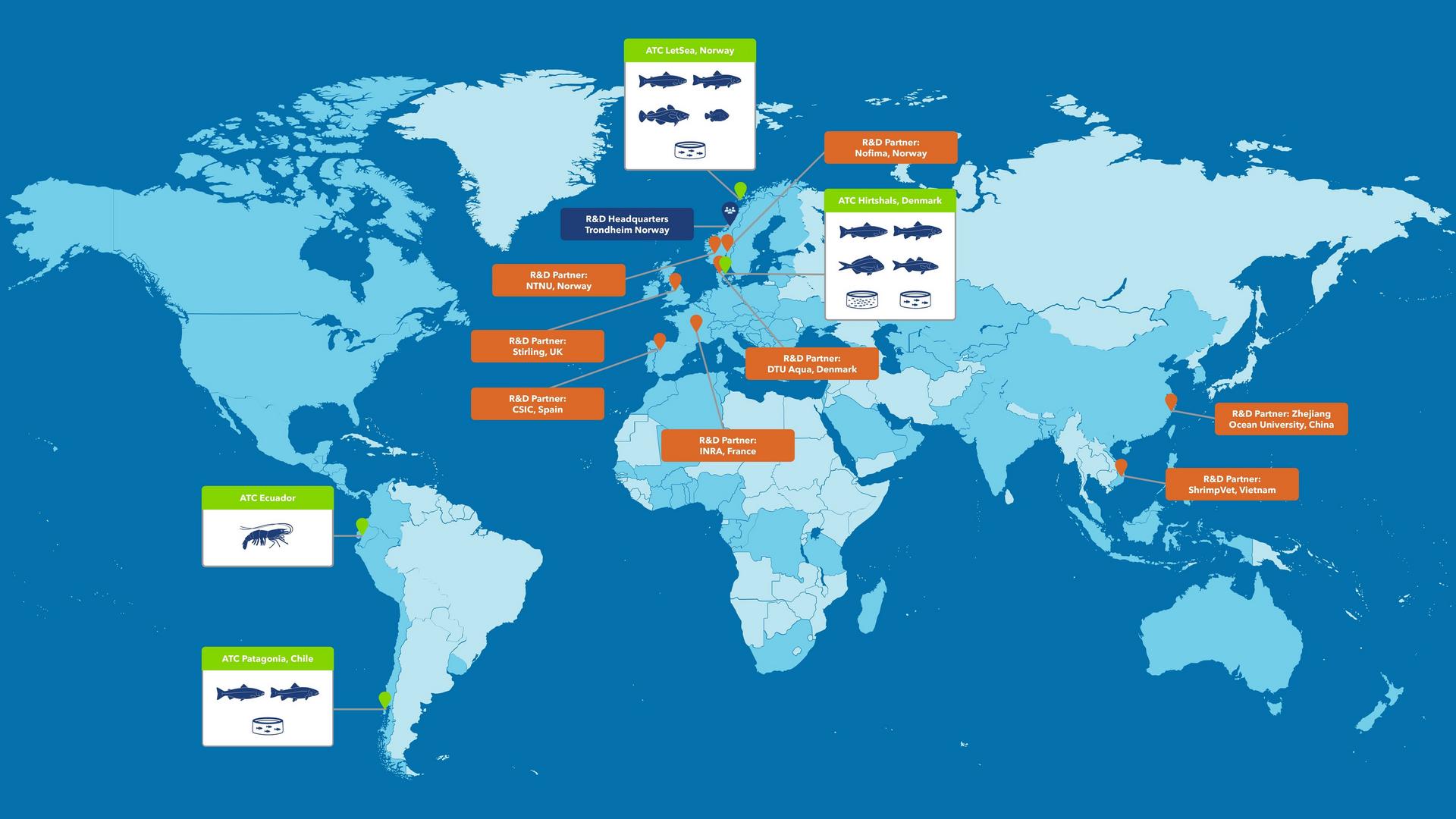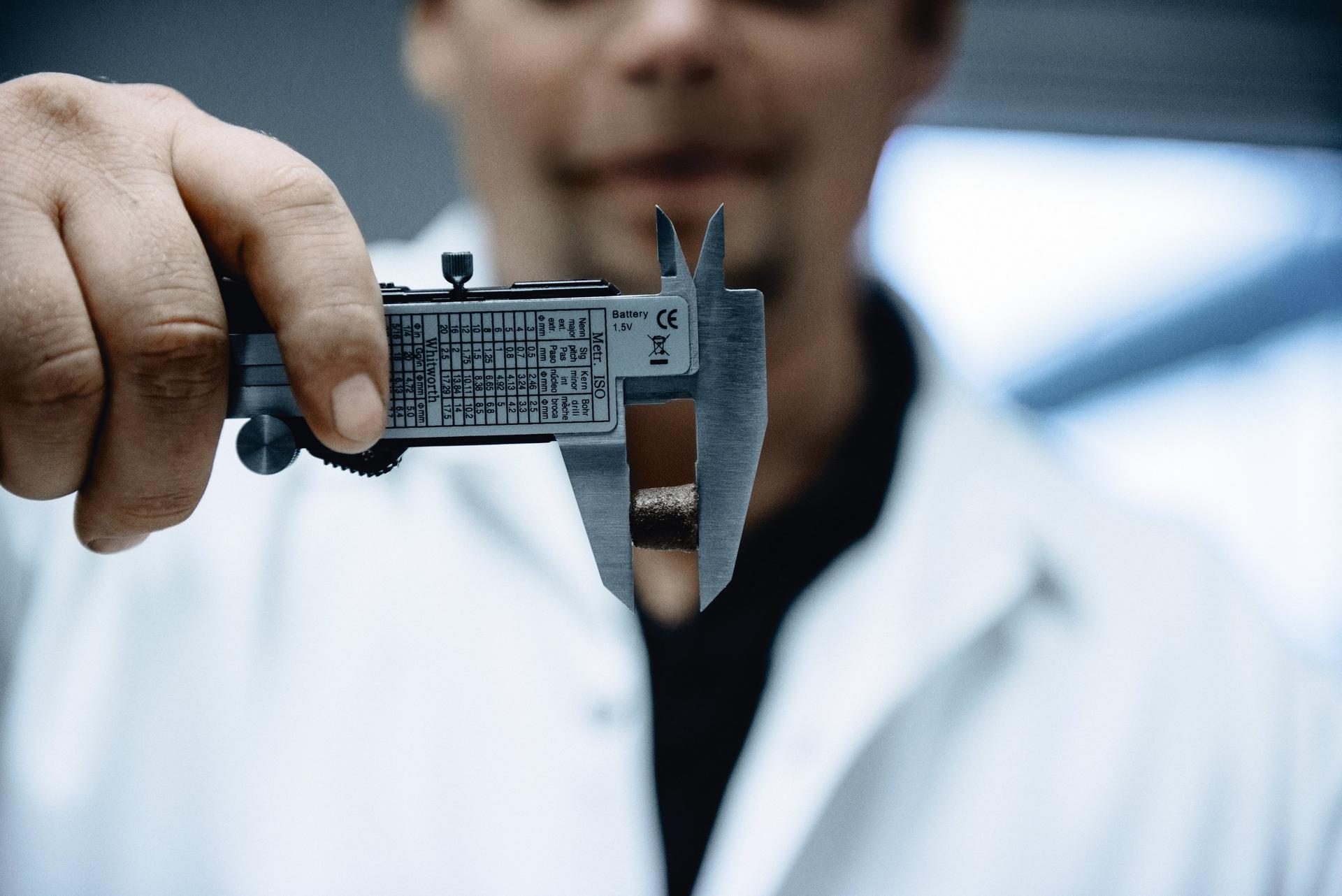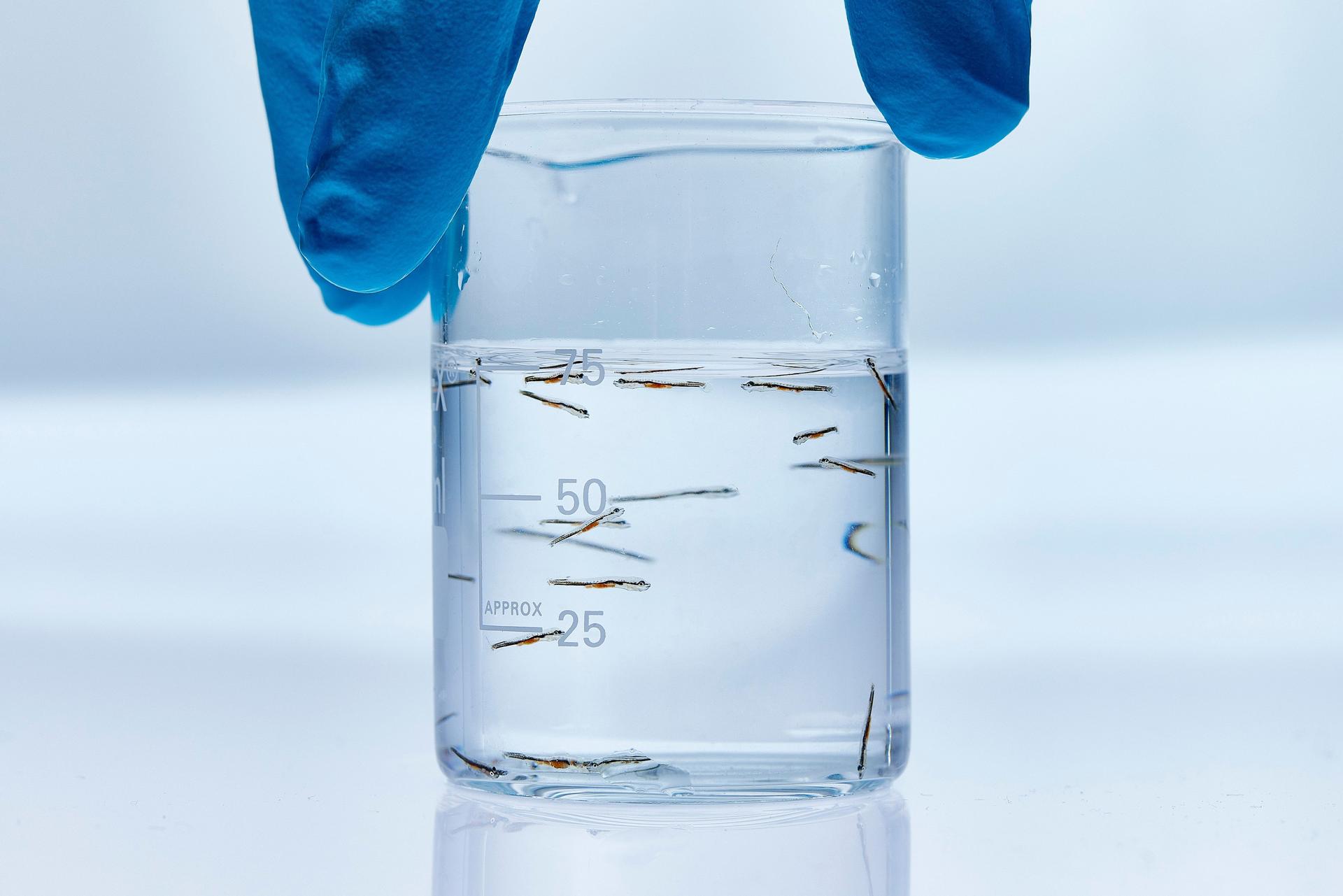- R&D
- Seafood
Better Feed. Better Fish. Better Food.
At BioMar we understand that the journey to exceptional seafood begins long before it reaches the table, it starts with the feed that nourishes fish and shrimp. Our mission has always been to create aquafeeds that not only support growth and performance but also contribute to the health and welfare of the animals we farm. Because better feed means stronger fish, and stronger fish lead to better food for everyone.













